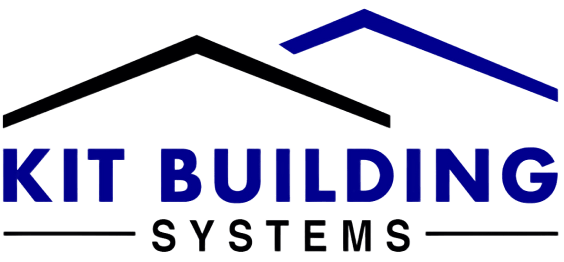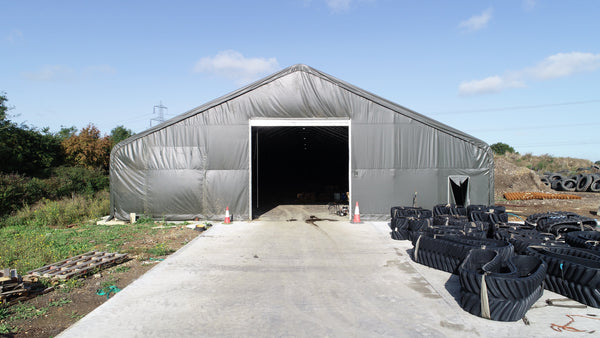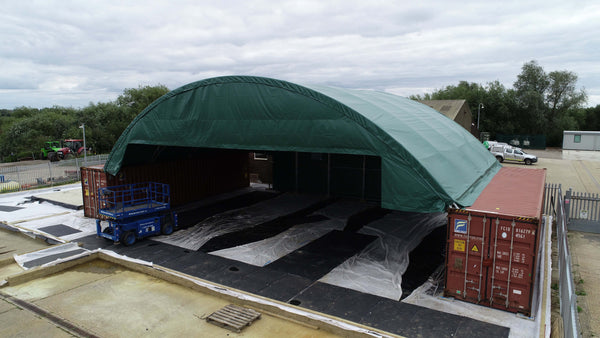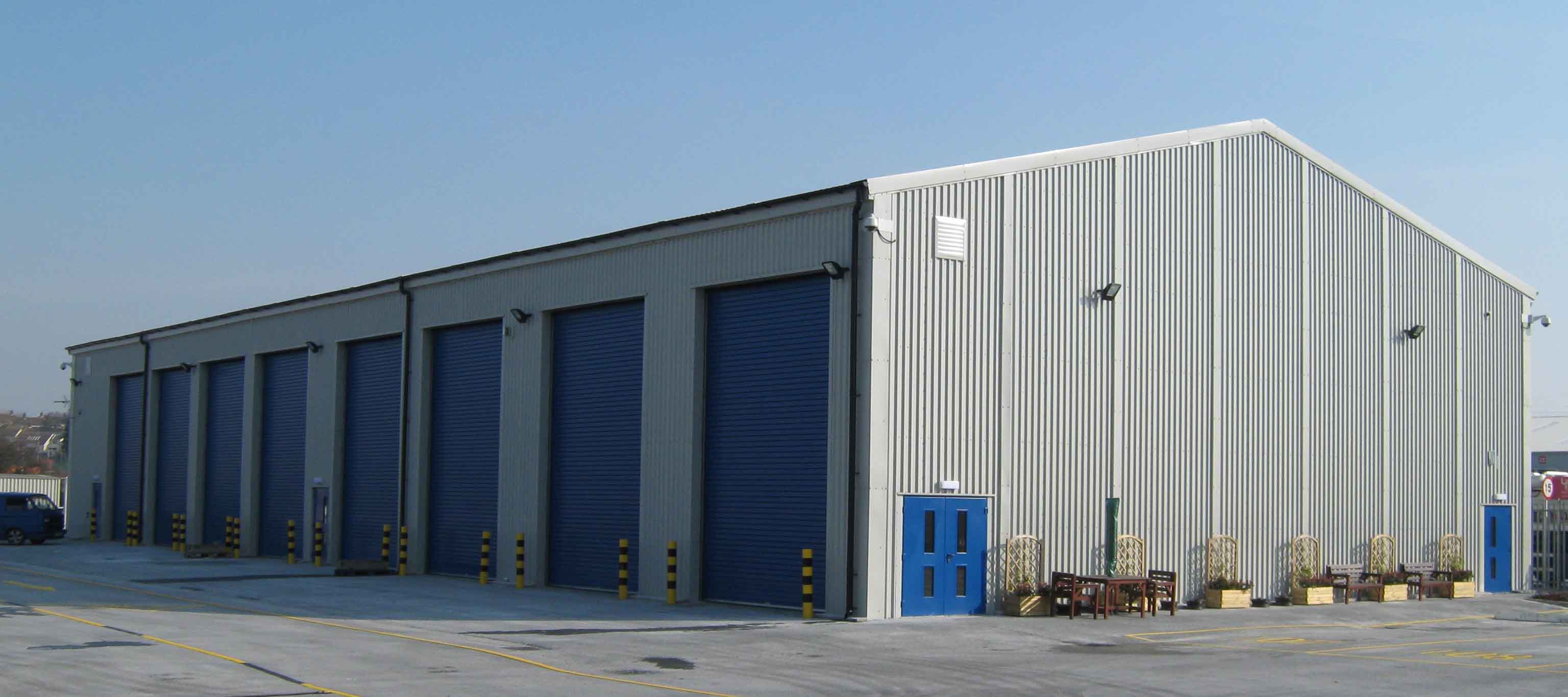
Industrial Building: Everything You Need to Know
Introduction
Industrial buildings are the powerhouses of our modern economy. From the factories that produce our goods to the warehouses that store them, these structures are fundamental to the functioning of industries worldwide. But what exactly are industrial buildings, and why are they so crucial?
What Are Industrial Structures?
Industrial structures are designed to house industrial operations, which can range from manufacturing and assembly to storage and distribution. Unlike commercial buildings, which are designed for consumer interactions, industrial buildings are tailored for efficiency and practicality in handling large-scale production and storage tasks.
Importance of Industrial Structure
Industrial buildings play a pivotal role in the supply chain. They enable mass production, provide storage solutions, and facilitate the distribution of goods. Without them, the seamless flow of products from manufacturers to consumers would be disrupted, leading to inefficiencies and increased costs.
Types of Industrial Structure
Insulated Garages
What Are Insulated Garages?
Insulated garages are designed to provide a controlled environment, protecting equipment and materials from extreme temperatures. They use insulation materials within walls, roofs, and doors to maintain a consistent internal temperature.
Benefits of Insulated Garages
- Temperature Control: Keeps internal conditions stable, reducing the impact of external weather on stored items.
- Energy Efficiency: Insulation reduces the need for heating and cooling, lowering energy costs.
- Protection of Assets: Helps in maintaining the integrity of sensitive equipment and materials by protecting them from temperature fluctuations.
Applications in Industrial Plants
Insulated garages are invaluable in industrial plants where temperature-sensitive machinery and materials are stored. They are also used in automotive manufacturing plants to store vehicles and parts that need to be kept at specific temperatures to prevent damage.
Steel Frame Garage
What is a Steel Frame Garage?
A steel-frame garage is constructed using a steel framework, which provides strength and durability. These structures are known for their resilience against harsh environmental conditions and their long lifespan.
Advantages of Steel Frame Garages
- Durability: Steel frames are resistant to pests, rot, and fire, making them a long-lasting option.
- Strength: They can support heavy loads and withstand severe weather conditions.
- Versatility: Can be customised to meet specific industrial requirements.
Uses of Industrial Settings
Steel frame garages are commonly used in industrial plants for storing heavy machinery, vehicles, and other equipment. Their robust construction ensures that valuable assets are protected from environmental damage and theft.
Insulated Workshop Shed
Understanding Insulated Workshop Sheds
Insulated workshop sheds are designed to provide a comfortable working environment regardless of external weather conditions. These sheds use various insulation materials to maintain a stable internal climate.
Key Features
- Thermal Insulation: Keeps the interior warm in winter and cool in summer.
- Sound Insulation: Reduces noise from external sources, creating a quieter workspace.
- Moisture Control: Prevents condensation, which can damage tools and equipment.
Industrial Applications
Insulated workshop sheds are perfect for industrial plants where precision work is carried out. In electronics manufacturing, maintaining a specific temperature and humidity level is crucial for the production process. These sheds provide the necessary environment to ensure high-quality output.
Steel Storage Buildings
What Are Steel Storage Buildings?
Steel storage buildings are large, steel-constructed facilities designed to store raw materials, finished products, and other industrial goods. They are known for their high strength-to-weight ratio and durability.
Benefits
- Space Efficiency: Provide extensive storage space with minimal internal obstructions, thanks to the strength of steel beams.
- Security: Steel is a tough material, offering excellent protection against theft and vandalism.
- Low Maintenance: Steel buildings require less maintenance compared to traditional wood or concrete structures.
Role in Industrial Plants
Steel storage buildings are essential in industrial plants for storing large quantities of raw materials and finished products. They are used in various industries, including automotive, chemical, and food processing, where large, secure storage spaces are a necessity.
Modern Trends in Industrial Structure
Automation and Robotics
Automation and robotics are revolutionising industrial buildings. From automated production lines to robotic warehousing systems, these technologies enhance efficiency and reduce human error.
Energy Efficiency
Energy efficiency is a growing trend in industrial building design. Incorporating energy-saving technologies like LED lighting, efficient HVAC systems, and renewable energy sources helps reduce operational costs and environmental impact.
Smart Building Technology
Smart building technology integrates IoT (Internet of Things) devices to monitor and control various building systems. This leads to improved efficiency, safety, and comfort in industrial environments.
Flexible Spaces
The demand for flexibility is increasing in industrial buildings. Designs now incorporate modular spaces that can be easily reconfigured to adapt to changing operational needs. For instance, insulated workshop sheds provide versatile spaces for various purposes.
Eco-Friendly Materials
Sustainability is a key focus, and many Industrial structures use eco-friendly materials. These include recycled content, low-emission products, and materials that promote energy efficiency.
How Kit Buildings Supports Industrial Building
Speed of Construction
One of the primary advantages Kit Buildings brings to industrial construction is speed. Their prefabricated systems allow for rapid assembly, significantly reducing the time required to erect Industrial structures compared to traditional methods.
Cost Efficiency
KitBuildings.com’s solutions are designed to be cost-effective. The prefabrication process reduces material waste and labour costs, and the faster construction timeline minimises overall project expenses.
Customization
KitBuildings.com offers a high degree of customization for their buildings. Industrial clients can specify their requirements, and KitBuildings.com will design and manufacture components that meet these exact needs. This flexibility ensures that each building serves its intended purpose efficiently.
Quality Control
The controlled factory environment in which KitBuildings.com’s components are manufactured ensures high-quality standards. Each component undergoes rigorous testing and quality checks before being shipped to the construction site, ensuring reliability and durability.
